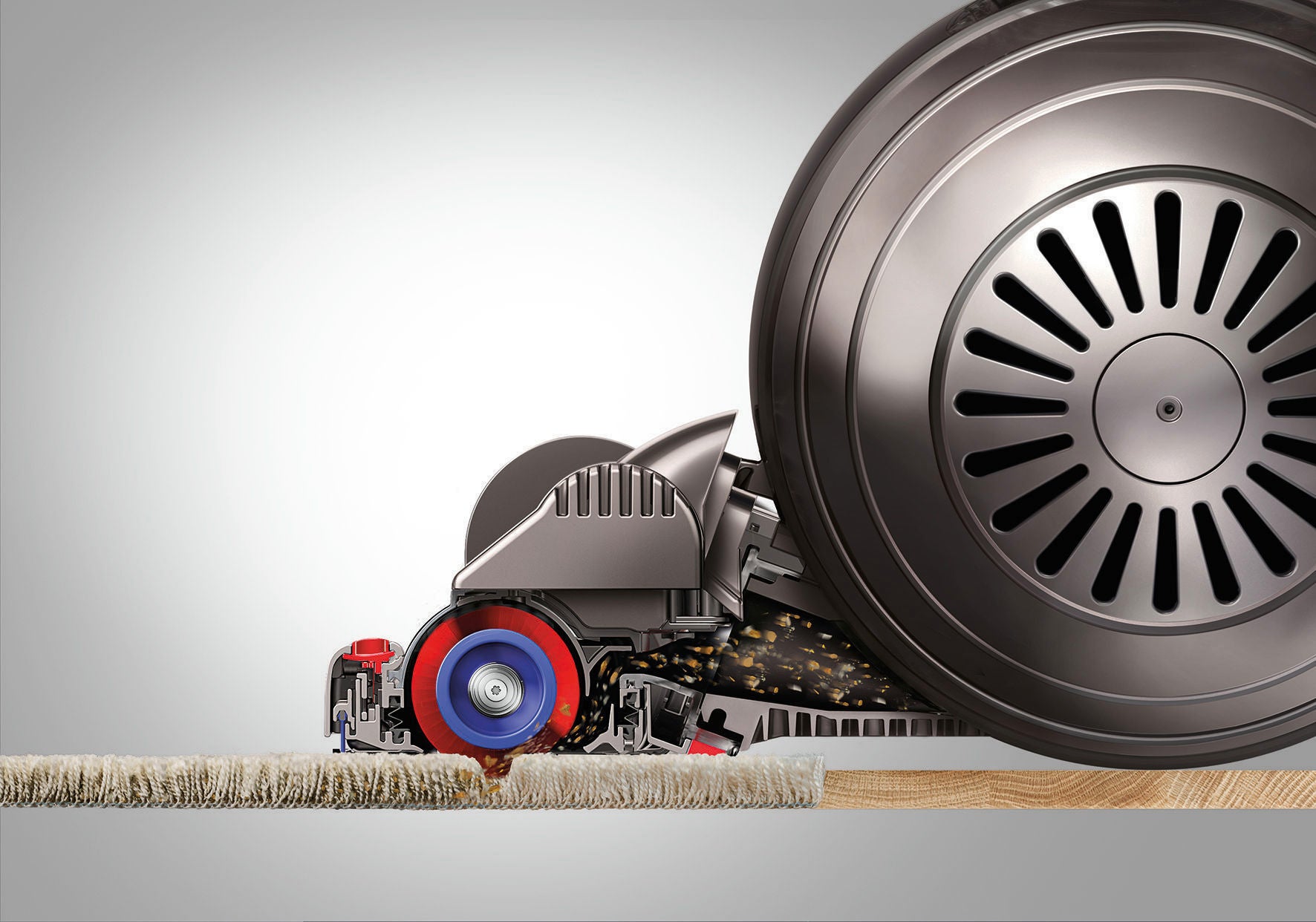Dyson loses EU case for £150m damages over vacuum cleaner labelling rules
The British firm, known for its bagless vacuum cleaners, has said it will appeal over the decision.

Your support helps us to tell the story
From reproductive rights to climate change to Big Tech, The Independent is on the ground when the story is developing. Whether it's investigating the financials of Elon Musk's pro-Trump PAC or producing our latest documentary, 'The A Word', which shines a light on the American women fighting for reproductive rights, we know how important it is to parse out the facts from the messaging.
At such a critical moment in US history, we need reporters on the ground. Your donation allows us to keep sending journalists to speak to both sides of the story.
The Independent is trusted by Americans across the entire political spectrum. And unlike many other quality news outlets, we choose not to lock Americans out of our reporting and analysis with paywalls. We believe quality journalism should be available to everyone, paid for by those who can afford it.
Your support makes all the difference.Dyson has said it will appeal against a decision by an EU court after losing a legal battle for £150 million in damages over alleged losses due to energy labelling rules.
The British technology giant, which makes bagless vacuum cleaners, had won a five-year legal challenge against a Brussels regulation which stipulated that vacuum cleaners were tested for their energy grading when they were empty and with no dust.
Dyson accused the testing process of being a sham because vacuums were only sampled when they were empty or did not reflect everyday “real-life” usage and disadvantaged newer bagless models.
The regulations were annulled in 2018 after a five-year legal battle involving an appeal through the European Court of Justice, and the contentious label was removed from vacuum cleaners.
Dyson argued it had lost out on sales due to this lack of distinction and sought damages of £150 million from the European Commission.
However, on Wednesday the General Court of the EU rejected the claim.
Judges said: “By using the standardised empty receptacle testing method, the Commission did not manifestly and gravely disregard the limits on its discretion or commit a sufficiently serious breach of the principles of equal treatment and sound administration.”
Dyson immediately said it would appeal over the decision in a strongly-worded statement.
A spokeswoman said: “In 2017 the European Court of Justice, Europe’s highest court, set out in clear terms that the Commission cannot validly test a vacuum cleaner when empty of dust and that, in unlawfully stipulating an empty test, the Commission had broken its own laws and ignored Dyson’s evidence.
“Now, ruling on Dyson’s damages claim, the lower-tier General Court, despite accepting the European Court of Justice’s ruling, seems to want to rewrite history. It is trying to argue that the dust loaded testing of vacuum cleaners is inaccurate. This is simply untrue. The Court has accepted the Commission’s tortuous and weaselly excuses to avoid accepting liability for its wrongdoing.
“This is an insult to the millions of shoppers who were misled and totally ignores the substantial harm – running to £150 million – caused to Dyson. Meanwhile the Commission walks away scot-free despite having favoured the European bagged-machine lobby, including the major German manufacturers, throughout.
“Dyson will appeal, as we disagree with the Court’s claim that there was doubt about dust-testing. These test methods were adopted decades ago by international standards organisations and applied by testing houses, laboratories, advertising standards bodies and courts across Europe and the world, without question. This judgment sets a very concerning precedent for future regulations across Europe and risks consumers being misled once again.”